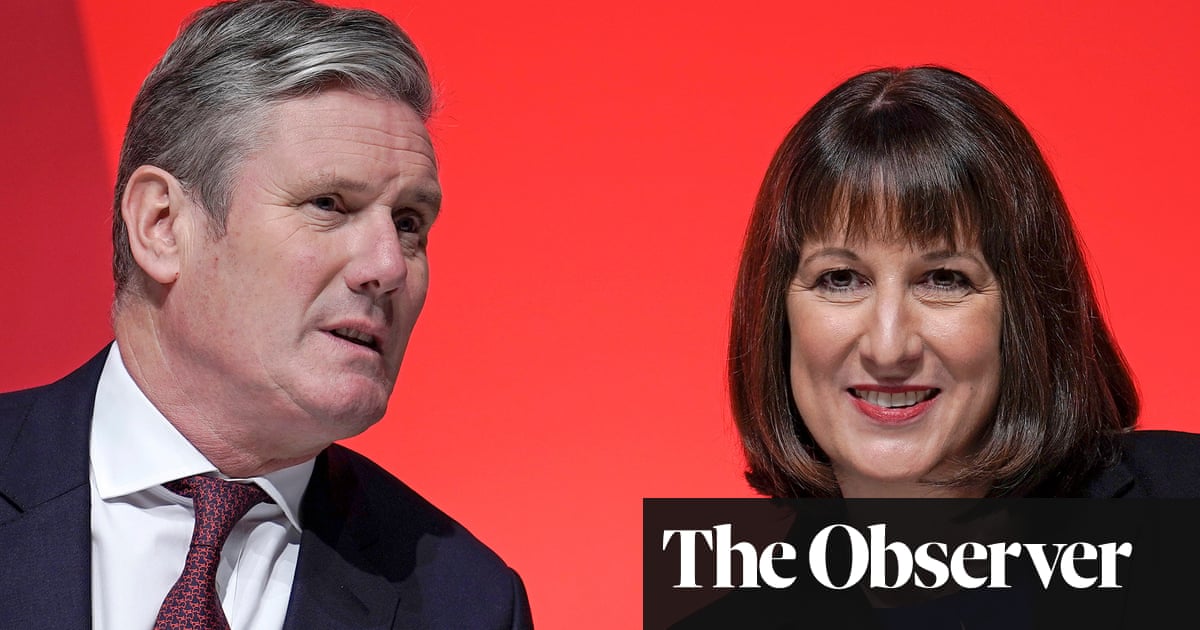
Many of Labour’s newly recruited special advisers, known as “spads”, have joined a union over concerns about their pay.
Aides working in Downing Street or for cabinet ministers have said they are not being paid as fairly as their predecessors under the Tories.
It is not unusual for special advisers to sign up to a union, but it was made clear from briefings that a number of aides blamed Sue Gray, Keir Starmer’s chief of staff, for “denting morale” among their peers because of the difference in pay between the two governments.
One spad joked: “A Labour government is a big fan of a unionised workforce.”
There is also a perception that Gray had implemented strict probation periods of up to four months for the new Labour spads, but it was Rishi Sunak who had introduced the measure.
The last Tory government also blocked any special adviser from getting a 3% increase in their annual salary, instead offering them the funds as a lump sum.
It means the base pay for the role has not changed in about 15 years, so special advisers effectively experienced a real-terms pay cut. Salaries for the position, which many in Whitehall deem a precarious role, range from about £40,000 to £145,000.
It is understood that Labour’s refusal to follow the Tories in making exceptions for certain aides over pay has left many disgruntled. One Whitehall source said: “This government really doesn’t want to follow their old methods of breaching rules. They want to pay cleanly across the board.
Another said: “There were many pre-existing issues that need to be dealt with. The Tories took a number of decisions around how pay was decided so it wasn’t actually to the benefit of special advisers.” They noted that the current government, including Gray, was not involved in that process, adding: “But now 14 years of Tory rule need to be unpicked.”
The Cabinet Office has launched a review into their pay scales, prompted by union officials.












